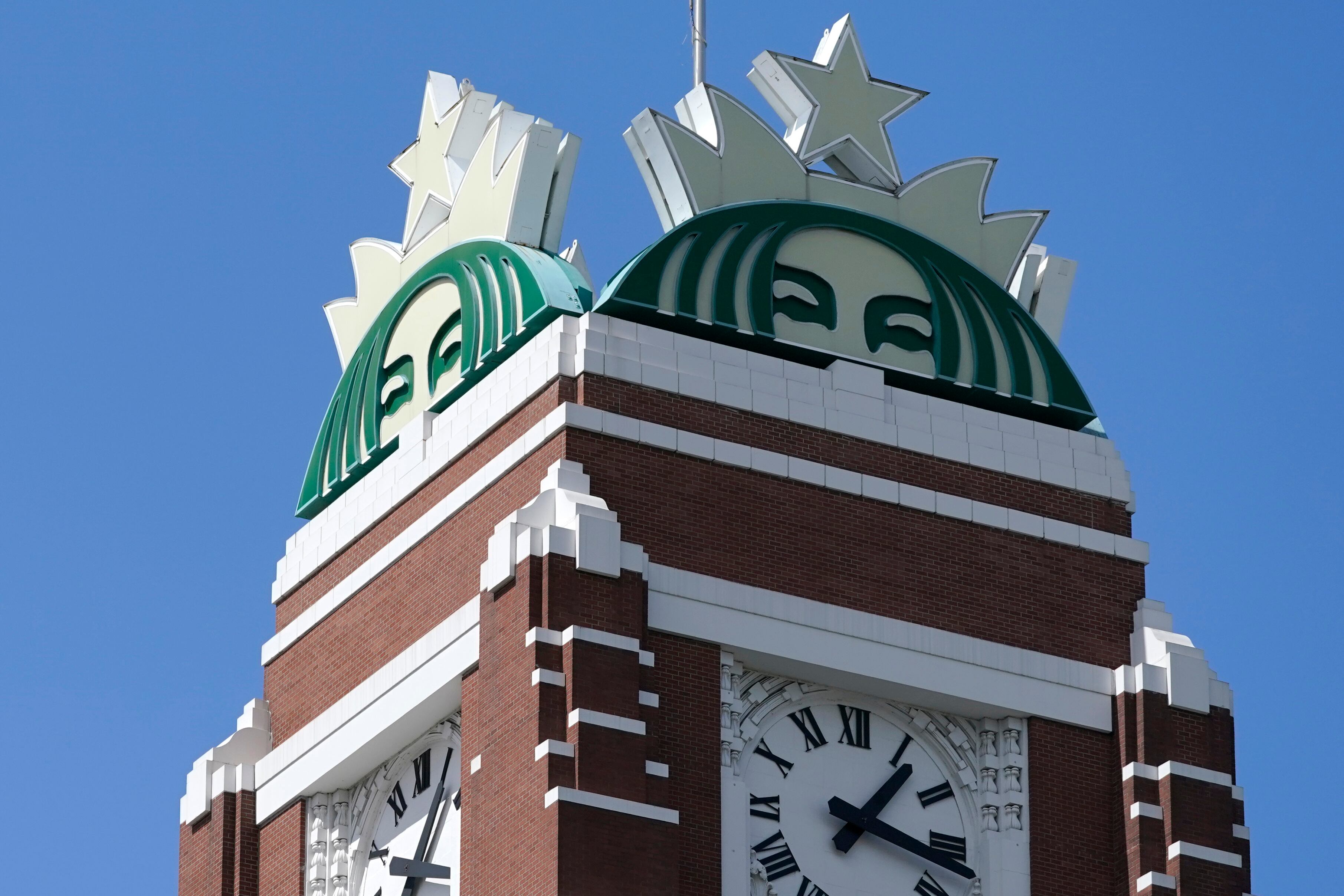*By Jacqueline Corba and Carlo Versano* Millennials love to shop online. That's hardly a surprise, but Kohl's is betting that as they age and have children, members of the e-commerce generation will return to the long-neglected department store. "Kohl's ($KSS) has always really been about families and serving them with great value and great experiences," Greg Revelle, Kohl's chief marketing officer told Cheddar Thursday. "As millennials are transitioning into parenthood, that's really when they are relevant to us." That bet is far from a sure thing, but Kohl's is playing as though it is. The company is spending to re-invest in its stores, according to Revelle, paying particular attention to streamlining the checkout experience. Online, the brand is a digital advertising veteran and is now focused on delivering personalized ads on social media and optimizing email channels to expand the reach of the Black Friday and Cyber Monday sales for which the company is known. Kohl's will increase media spending by 4 percent this year, Revelle said. "We're one of the largest advertisers in the U.S." He added: "Half of Americans shop at Kohl's." There's also the rather innovative partnership the company has with Amazon ($AMZN). The year-old agreement allows Amazon customers to return their purchases to Kohl's stores, where Kohl's inherits the logistics of getting the product back to Amazon. Returns have long been listed as a pain point for Amazon, and this helps solve it on the cheap. For Kohl's, partnering with a competitor like Amazon was worth it, according to Revelle, because it gets customers ー Amazon customers, no less, who typically aren't Kohl's customers ー into the stores. "For us, that's traffic," he said. The Amazon integration is currently in 100 stores across a handful of markets. Attempting to grow a customer base while also investing in the retail experience and keeping loyal customers happy ー all while competing with digitally native brands and e-commerce powerhouses ー is a tricky proposition in retail (see: Sears, Toys "R" Us). Kohl's is, no doubt, aware of the pitfalls, and unveiled to Cheddar one way it's hoping to keep people coming in the doors, especially around the holidays ー giving away cash. Kohl's Cash, at least. The retailer is making it easier for customers to be rewarded for spending money at the store. Ahead of Black Friday, it will give away $15 in Kohl's Cash for every $50 spent. "Kohl's Cash has been something that's been part of our brand really forever," Revelle said. "And it's something we've really differentiated ourselves with." For full interview [click here](https://cheddar.com/videos/kohls-unveils-holiday-strategy).












